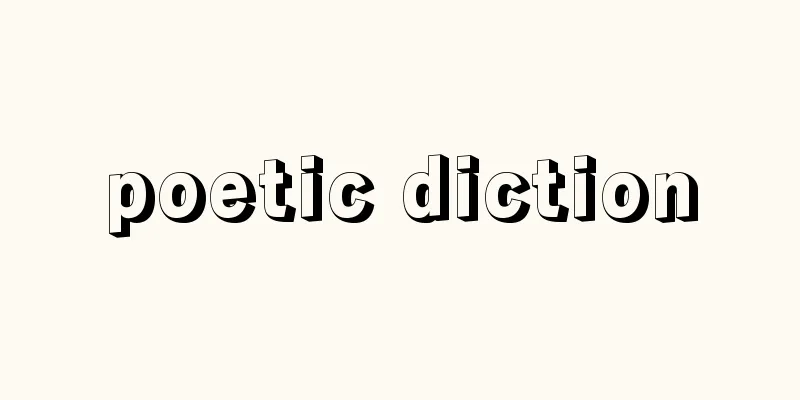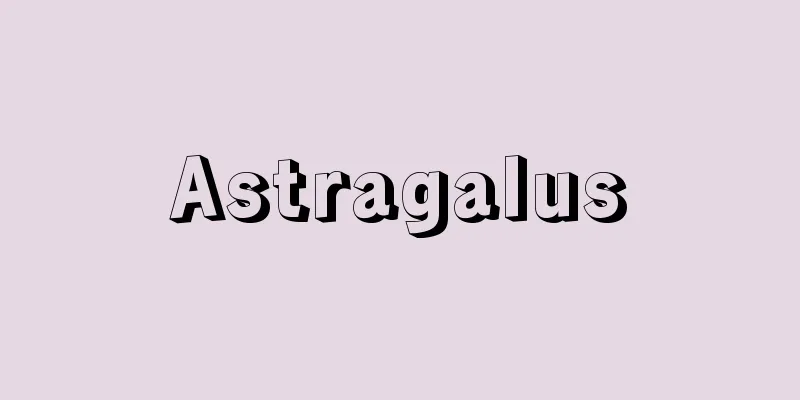Kolberg, O.

|
...Russia produced such linguists and philologists as Fyodor Ivanovich Buslaev (1818-1897), Aleksandr Afanas'evich Potebnya (1835-1891), Aleksei Aleksandrovich Shakhmatov (1864-1920), known for his chronicle studies, Aleksandr Nikolaevich Veselovskii (1838-1906), who studied literature, and Aleksandr Nikolaevich Pypin (1833-1904), who wrote a comprehensive History of Slavic Literature. Polish linguists Baudouin de Courtenay and Mikołaj Kruszewski (1851-1987) were also active mainly in Russia. Well-known Polish scholars include Aleksander Brückner (1856-1939), author of the Dictionary of Polish Etymology, Oskar Kolberg (1814-90), a folklorist, and in the Czech Republic Lubor Niederle (1865-1944), a historian of Slavic antiquity. Apart from Vienna, the centers of Slavic studies in Western Europe were Germany and France. In Germany, such notable scholars include August Leskien (1840-1916), who studied Old Church Slavonic, Paul Diels (1882-1963), Max Vasmer (1886-1962), author of the Dictionary of Russian Etymology, and Reinhold Trautmann (1883-1951), who studied Baltic-Slavic relations. In France, such scholars include Meillet, an Indo-European linguist who studied Common Slavonic, and André Mazon (1881-1967), a scholar of Russian literature. From Dumka…In Ukraine, Shevchenko and others gave this name to elegiac poems. In the second half of the 19th century, folk song collectors in Poland and Western Ukraine (such as Oskar Kolberg (1814-90)) began to call lyric folk songs that sang of the unfortunate fate of peasants generally dumka. In instrumental music, F. Liszt's piano piece Gleaners in Voronince (1848) was an early example, and Dvorak used it widely in his piano pieces dumka opus 35 (1876) and 12 (1884?) and piano trio in E minor (1891). … From [Polish Music]…In the second half of the 19th century, the Polish composer Zygmunt Noskowski (1846-1909), who wrote Poland's first symphonic poem, "On the Steppes" (1897), the composer and pedagogue Władysław Żeleński (1837-1921), the song and piano composer Eugeniusz Pankiewicz (1857-98), and the virtuoso violinist Wieniawski appeared. Oskar Kolberg (1814-90) also collected and studied about 26,000 folk songs, and published 33 volumes of "Polish Folk Songs" during his lifetime. About 60 volumes have been published since then. … From [Folk Song]...First of all, research into the lyrics and melodies of folk songs has been gaining momentum since the mid-19th century. Many researchers have made great contributions to this field, including Anton Wilhelm Florentin von Zuccalmaglio (1803-69), Ludwig Christian Erk (1807-83), Franz Magnus Böhme (1827-98) in Germany, Balakirev in Russia, Osker Kolberg (1814-90) in Poland, Cecil James Sharp (1859-1924) in England, and Bartók and Koday in Hungary. In 1947, an international society was established to foster cooperation among researchers in this field. ... *Some of the terminology that mentions "Kolberg, O." is listed below. Source | Heibonsha World Encyclopedia 2nd Edition | Information |
|
…ロシアでは言語学者ないし文献学者のブスラーエフFyodor Ivanovich Buslaev(1818‐97),ポテブニャAleksandr Afanas’evich Potebnya(1835‐91),年代記の研究で知られるシャフマトフAleksei Aleksandrovich Shakhmatov(1864‐1920),文学研究のベセロフスキーAleksandr Nikolaevich Veselovskii(1838‐1906),総合的な《スラブ文学史》のプイピンAleksandr Nikolaevich Pypin(1833‐1904)などが輩出し,またポーランド出身の言語学者ボードゥアン・ド・クルトネ,クルシェフスキMikołaj Kruszewski(1851‐87)もおもにロシアで活動した。ポーランドでは《ポーランド語語源辞典》のブリュクネルAleksander Brückner(1856‐1939),民俗学のコルベルクOskar Kolberg(1814‐90),チェコではスラブ古代史のニーデルレLubor Niederle(1865‐1944)などが知られる。 西ヨーロッパのスラブ学は,前述のウィーンを除けば,ドイツとフランスが中心となっており,ドイツでは古代教会スラブ語を研究したレスキーンAugust Leskien(1840‐1916),ディールスPaul Diels(1882‐1963),《ロシア語語源辞典》のファスマーMax Vasmer(1886‐1962),バルト・スラブ関係研究のトラウトマンReinhold Trautmann(1883‐1951),フランスではインド・ヨーロッパ語学者で《共通スラブ語》のメイエ,ロシア文学研究のマゾンAndré Mazon(1881‐1967)などの名があげられる。… 【ドゥムカ】より…ウクライナではシェフチェンコなどが悲歌的な詩にこの名を冠した。19世紀後半のポーランドや西ウクライナの民謡収集家(コルベルクOskar Kolberg(1814‐90)など)が農民の不幸な運命を歌った抒情的民謡を一般にドゥムカと呼ぶようになった。器楽曲ではF.リストのピアノ曲《ボロニンツェの落穂拾い》(1848)が早い例であり,ドボルジャークはピアノ曲《ドゥムカ》作品35(1876)と12(1884?)や《ピアノ三重奏曲ホ短調》(1891)などに広く用いている。… 【ポーランド音楽】より…19世紀後半にはポーランド最初の交響詩《草原地帯》(1897)を書いたノスコフスキZygmunt Noskowski(1846‐1909)と作曲家・教育家のジェレンスキWładysław Żeleński(1837‐1921),歌曲,ピアノ曲のパンキエビチEugeniusz Pankiewicz(1857‐98),名バイオリン奏者のビエニアフスキが現れた。またコルベルクOskar Kolberg(1814‐90)は約2万6000曲の民謡を収集し研究して《ポーランド民謡集》を生存中33巻出版した。その後,現在まで約60巻出版された。… 【民謡】より…まず,民謡の歌詞と旋律に関しては,19世紀中ごろからしだいに研究が盛んになってきた。ドイツにおけるツッカルマリオAnton Wilhelm Florentin von Zuccalmaglio(1803‐69),エルクLudwig Christian Erk(1807‐83),ベーメFranz Magnus Böhme(1827‐98),ロシアにおけるバラーキレフ,ポーランドにおけるコルベルクOsker Kolberg(1814‐90),さらに,イギリスにおけるシャープCecil James Sharp(1859‐1924),ハンガリーにおけるバルトークやコダイら,多くの業績を残している。この種の研究者の間に協力関係をつくるために1947年に国際学会が設立された。… ※「Kolberg,O.」について言及している用語解説の一部を掲載しています。 出典|株式会社平凡社世界大百科事典 第2版について | 情報 |
>>: Kolas, Y. (English spelling) KolasY
Recommend
Ahaziah
...Finally, when the Omri dynasty emerged in the ...
Pillbox - Tochka (English spelling) точка/tochka Russian
It means "point" in Russian. In the ear...
Bull Terrier [species] (English spelling) Bullterrier
It is a domestic dog that originated in England. I...
Efluvia - Efluvia
…W. Gilbert, physician to Elizabeth I, who follow...
Hominization
Phenomena that have undergone continuous change in...
Imperial Court Medicine
...However, the role of medicine was primarily to...
Adenosarcoma
...The more mature type is ganglioma, which is a ...
lamin
…The difference in the arrangement of various mon...
Jeans, Sir James Hopwood
Born: September 11, 1877, London [Died] September ...
Submarine Valley
…Shelf channels, which cut shallowly into the con...
dandelion
...Intermediate forms are found in the areas betw...
Galenic preparations - Galenic preparations (English spelling)
The name of a herbal medicine preparation was give...
Lying in bed - Gajun
…A large plane turned upside down with the blade ...
Brownie (English spelling)
A type of American baked confectionery. It is a br...
foedus
…The Puritan idea of a social contract found it...









![Kannami [town] - Kannami](/upload/images/67cb4bf220688.webp)